Dogs can sniff out Covid-19 in seconds with 94 per cent accuracy, new research shows
24 May 2021, 12:35
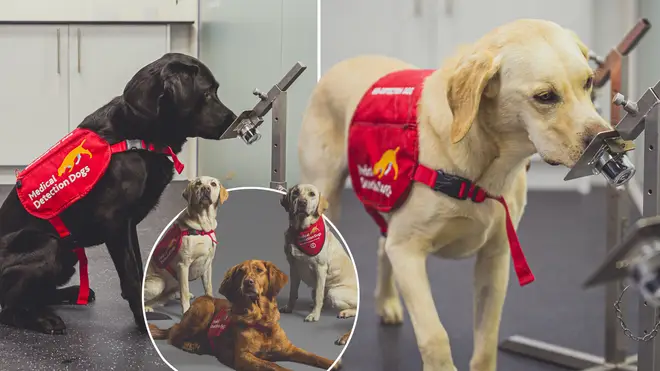
A new study has found that specifically trained canines can identify Covid-19, and are more accurate than lateral flow tests.
Dogs could be the future of handling the coronavirus pandemic as new research shows they have the ability to sniff out Covid-19.
This comes after a study conducted in London found that Medical Detection Dogs were able to identify the virus with more reliability than lateral flow tests.
The double-blind study used six specifically trained dogs – Millie, Lexie, Asher, Kyp, Tala and Marlow – and tested them on 3,500 samples donated from the public and NHS staff.
In seconds, the dogs were able to sniff out the samples of asymptotic coronavirus sufferers.
Read more: Brits warned they must wear face masks on beaches in Portugal or face £100 fines
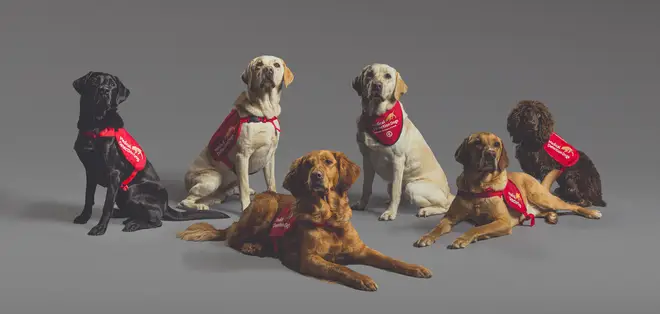
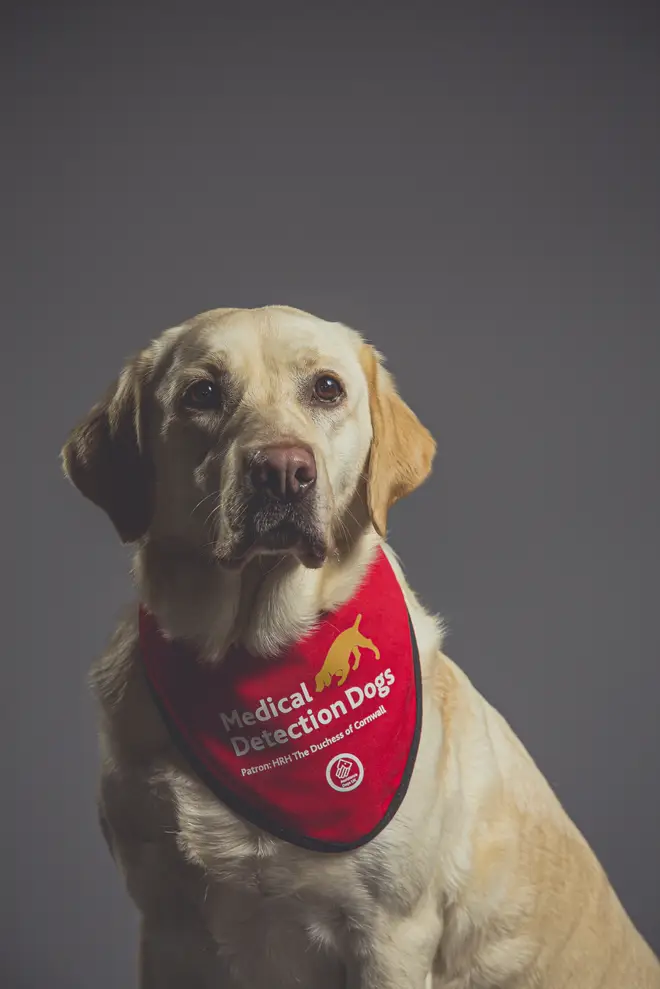
The study found that the dogs were 94 per cent accurate in their identification of the virus, which is higher than lateral flow tests which are between 58 to 77 per cent accurate.
If that wasn't impressive enough for you, the canines have shown the ability to detect different variants of the virus.
Head of the department of disease control at London School of Hygiene and Tropical Medicine, Professor James Logan – who led the project – said: "What was great was the dogs that have been trained on the original variant transferred to the new (Kent) variant.
"They could detect the new variant without any additional training.
"So this gives us real hope and really suggests that dogs are able to detect different variants of Covid."
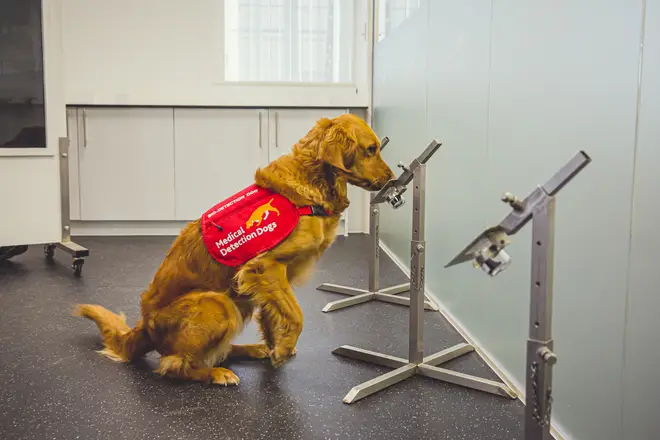
He went on: "The results of this study far exceeded my expectations.
"While the mass rollout of vaccines in the UK is a great success, it will take time to achieve the coverage levels needed for our lives to return to near normal.
"With the threat of new variants entering the country, the need for testing means we face potential continued disruption for some time to come.
"That’s where these amazing dogs could play a role."
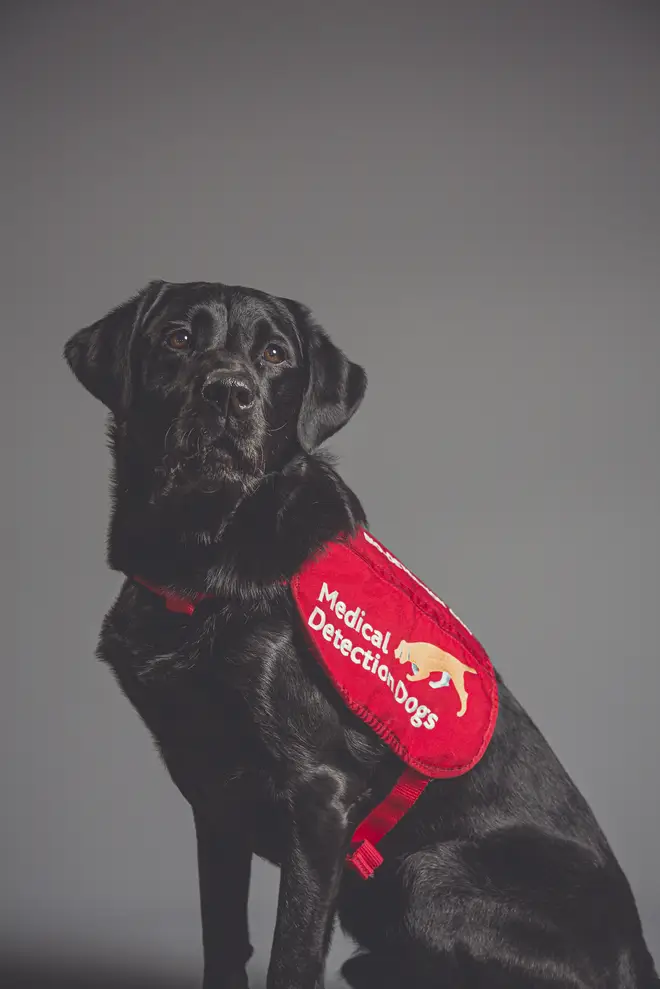
It is thought dogs could be significant contributors when it comes to the future of handling the pandemic, and could be used at large sporting events or at airports.
While the study is yet to be peer-reviewed, the results have been called "exciting" by Professor Steve Lindsay from the department of biosciences at Durham University.
He said: "Dogs could be a great way to screen a large number of people quickly and preventing Covid-19 from being re-introduced into the UK.
"Trained dogs could potentially act as a fast screening tool for travellers with those identified as infective confirmed with a lab test. This could make testing faster and save money."
The next steps of the research will see if these clever canines can still detect the virus in real-life settings.























